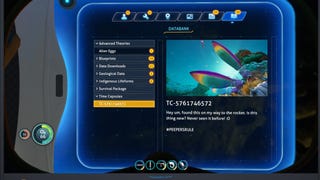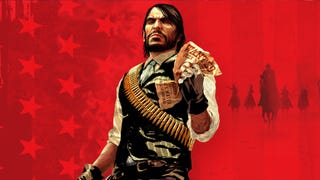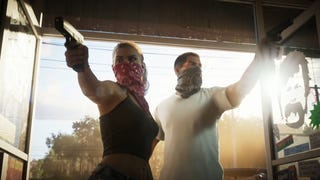Wordle creator almost named his game Mr Bugs Wordys Nugz

It’s funny to think about names. If circumstances were just a tiny bit different, Chuck Spadina could have been up on stage winning over E3 by telling it how breathtaking it is; we might have all have been round the arcade giggling at a Kong Dong cabinet; or perhaps sitting down over breakfast for a quick game of Mr Bugs Wordys Nugz.
That’s the unlikely title developer Josh Wardle once considered for his daily word game phenomenon Wordle before settling on the one that’s since become a household name. “Had I called the game Mr. Bugs,” Wardle admitted to an audience at the recent Figma Config conference, “I like to think it would not have been successful.”
Wardle was speaking during a presentation detailing Wordle’s long development (thanks The Verge), revealing some of decisions he’d made along the way. That journey began in 2013 when, while trying to make something that might appeal to his partner, he mashed together words and Mastermind to make an Android game. Perhaps surprisingly, the core of Wordle was there right from the start, giving players six turns to guess a five-letter word.
 Newscast: With the death of Keystone, will Xbox give up its streaming console plans forever?
Newscast: With the death of Keystone, will Xbox give up its streaming console plans forever? There were detours and deviations along the way, however. One prototype shown during Wardle’s presentation was endless in design, quickly following one word with another, while a second attempt to refine Wordle’s essence introduced lives. Nothing quite clicked, and eventually Wardle lost interest, putting the game “on the back burner” for six years. It wasn’t until he started regularly playing New York Times games like Spelling Bee in 2020 that an idea struck and, returning to Wordle the following year, he built a version inspired by their once-a-day design.
And the rest is history. For the first six months of its existence, Wordle was played solely by Wardle and his partner, but one day they shared the website with family, who shared it with friends, until it turned into the global phenomena it is today. Wardle, of course, stunned the world in January 2022, when he decided to sell his meteorically successful game to the New York Times for a seven-figure sum. And this, he told conference attendees, was simply because, “I didn’t want to run a games business. I’m interested in creating things.”
Nor did he want to monetise the game to turn it into a career. “All of this comes back to [the fact] I’m building the game for my partner,” he explained. “I’m not going to show her ads or try and upsell her on a premium subscription… [but] it quickly became apparent to me that there were other people who were going to make money off Wordle, whether I was involved or not.” In the end, he added, “selling to The New York Times was a way to just to step away.” Would the publication have been quite so interested in Mr Bugs Wordys Nugz? Who can say.
In the end, though, Wardle’s closing advice for fellow developers was simple: “Don’t try to make Wordle. Make the thing that you’re passionate about that is meaningful to you. And then everything else will follow from that.”




